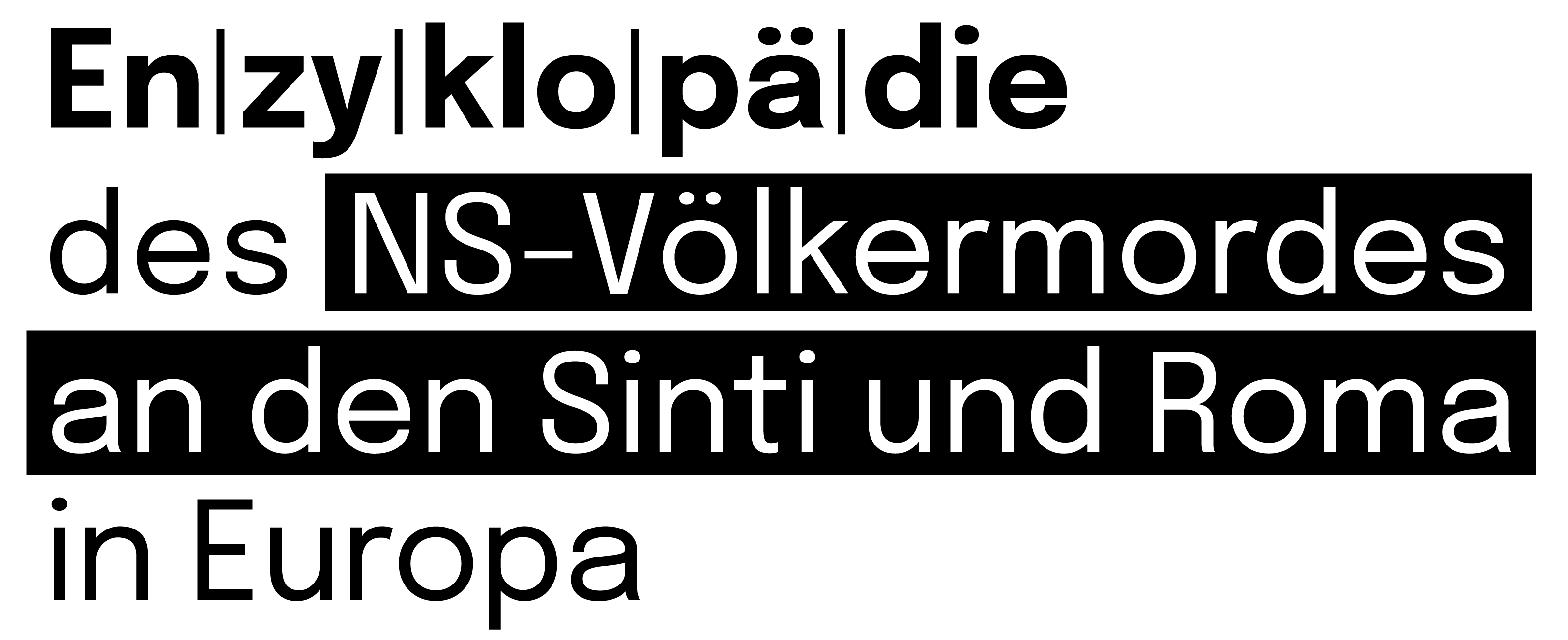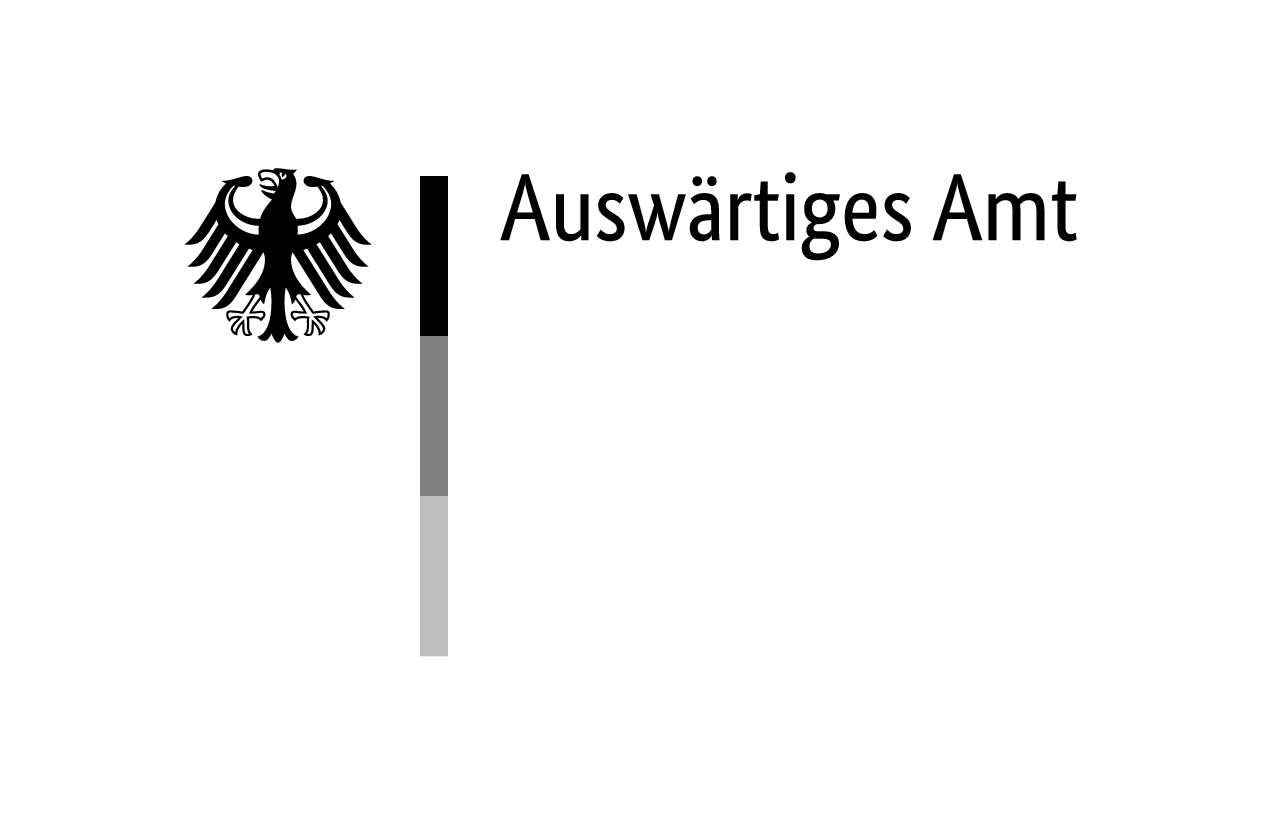Antoine Lagrené, known as ‘Itsi’, was born on 13 January 1931 in Frankfurt am Main, Germany, into a family of musicians. His parents were Alexandre (1899–1944) and Marie Lagrené, née Lagrené (1910–1994). Antoine Lagrené grew up with six siblings. The family travelled in France and Germany to earn a living, but decided to stay in France permanently before the beginning of World War II in view of the growing threat in the German Reich.
They settled in Pont-de-la-Deûle (Flers-en-Escrebieux) in northern France, partly to avoid possible persecution under the travel ban imposed in France on 6 April 1940. Marie Lagrené’s parents, Stanislas Lagrené (1886–1944) and Marie Weiss (1885–1944), and their children Jules (1914–1944), Michel (1920–1944), Jeanne (1923–1944) and Joséphine (1929–2022) also moved to the small town with them.
Deportation of the Family
The extension of the Auschwitz Decree to Belgium and northern France, which took place on 29 March 1943, directly affected the 15 members of the Lagrené family. They were arrested on 23 November 1943 by order of the Brussels security police (Sipo-SD) and with the help of the French police, interned in Loos-lez-Lille prison in Loos, northern France, and then transferred to the ‘SS transit camp’ in the Dossin barracks in Mechelen, Belgium.
In Mechelen, they were entered on a deportation list by the German criminal police on 9 December 1943. On 15 January 1944, all the people on this list were deported on ‘Transport Z’ from Mechelen to the Auschwitz-Birkenau concentration and extermination camp.
On arrival at the camp, they were not separated or selected, but driven into the separate camp section BIIe in Birkenau. Antoine’s mother Marie Lagrené gave birth there to a boy named Joseph, who died after only a few days. Antoine Lagrené was classified as ‘fit for work’ and transported to Buchenwald concentration camp, where he arrived on 3 August 1944.
In Buchenwald, the 13-year-old was initially housed in Block 57 before being transferred on 6 October 1944 to Block 31, where he was looked after by French inmates. Antoine Lagrené also received some schooling here, organised for the youngest inmates by Jean Gallon (1914–1995), a French teacher and resistance fighter. Antoine Lagrené also had to perform forced labour in the camp, for example in the detachment ‘Holzhof’ that chopped wood for the camp’s fires. Buchenwald was liberated by American troops on 11 April 1945. Antoine Lagrené returned to Longuyon, in the Meurthe-et-Moselle department of France, on 27 April 1945.
Of the 15 people arrested in Pont-de-la-Deûle, only three survived: Antoine Lagrené, his mother Marie Lagrené and his aunt Joséphine Lagrené. Marie Lagrené was first transferred to Ravensbrück concentration camp and from there to Flossenbürg concentration camp, where she was forced to perform forced labour in the Wolkenburg satellite camp. She was liberated in Bergen-Belsen concentration camp.
Joséphine Lagrené was transferred from Auschwitz-Birkenau to Ravensbrück on 15 April 1944. On 31 August 1944, she was taken to Altenburg, a satellite camp of Ravensbrück, where she had to perform forced labour for Hugo Schneider AG (HASAG). This was followed by transfers to the Schlieben and Taucha satellite camps, which—like Altenburg from 1 September 1944—were subordinate to the Buchenwald concentration camp. On 11 October 1944, she was transferred to Auschwitz again, together with other women from the satellite camp. In the face of the Allied advance, she was transported from there to Bergen-Belsen, which had become a death camp. It was here that Joséphine Lagrené was liberated by British troops on 15 April 1945.
Late Remembrance
On 8 May 2012, the names of the members of the Lagrené family who died in Auschwitz-Birkenau were added to the war memorial in the town of Flers-en-Escrebieux.
Antoine Lagrené died on 22 February 2020 in Lille, Joséphine Lagrené on 22 October 2022 in Forbach (Moselle department).




